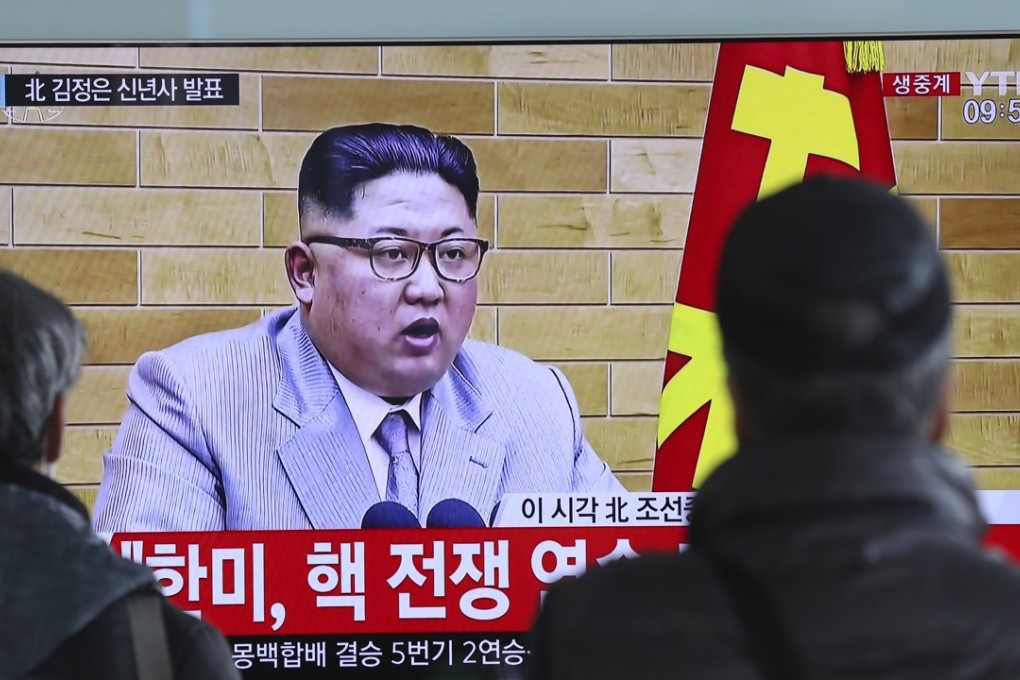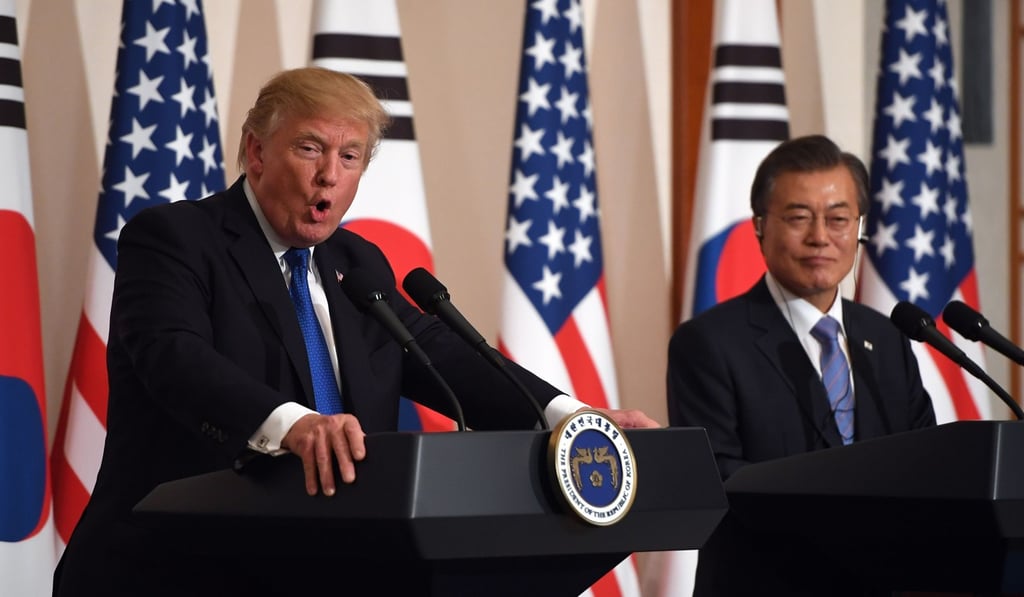What South Korea is risking in Winter Olympics diplomacy with nuclear North Korea and Kim Jong-un
Donald Kirk says the South Korean president may yearn for reconciliation but he must give priority to defence, as the Olympic message of peace did not win over North Korea in the past and is even more unlikely to do so now


South Korea wants annual US military exercises delayed until after 2018 Pyeongchang Winter Olympics
North Korea responds to new UN sanctions
US and North Korea closer to nuclear war than ever, warns US ex-military chief
The sense in Washington is that now is the time for firmness and determination in the face of rising North Korean rhetoric. Just as clearly, Moon thinks that the Pyeongchang Winter Olympics, coming nearly 30 years after the Seoul Games, offers an opportunity for reconciliation and dialogue. It would be a diplomatic triumph for Moon if North Korea were to send a team to compete in a spirit of harmony and friendship.
How South Korea has continued to build on the legacy of the Seoul Olympics
Such thinking, however, is highly flawed. There is no way Moon is going to buy time in this confrontation by playing nice guy on war games with the Americans.
One has only to hark back to the 1988 Seoul Games for evidence that Olympic diplomacy is a myth, a fantasy that will not bring enduring peace. Who can forget the worries as South Korea pleaded with the North to send a team, to host events, to do anything to turn the games into an opportunity for reconciliation.
Kim Jong-un extends olive branch to South Korea’s Olympic Games
Incredibly, South Korea, then led by the conservative former general, President Roh Tae-woo, preferred somehow to relegate the bombing of Flight 858 into the background as a historical tragedy, almost an accident, not a deliberate effort to destroy the 1988 Games. Almost until the opening of those Games, hopes remained that North Korea would see them as a chance for dialogue, for goodwill.
The chances for reconciliation in those days were, if anything, brighter than now – for one basic reason. North Korea, while it had a nuclear programme, had yet to explode a nuclear device. The issue of Pyongyang’s pretensions as a nuclear power had not yet arisen. There was still a chance, it seemed, that the Games would advance peace between the two Koreas.